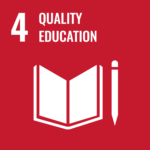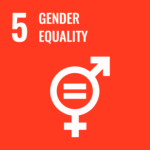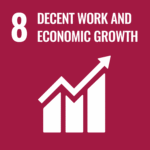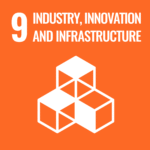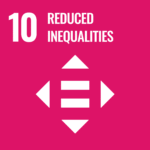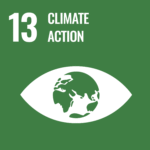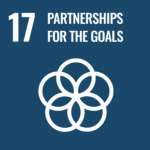The Youth Leadership & Mentorship Program (YLMP) is a flagship leadership empowerment initiative of Brighter Future Africa (BFA) designed to groom, connect, and inspire the next generation of transformational leaders across Ghana.
The program targets Regional SRC Executives and other emerging student leaders from tertiary institutions, colleges of education, nursing training colleges, and senior high schools across all 16 regions of Ghana. These young leaders serve as voices for thousands of students and play a vital role in shaping the civic and leadership culture of the country.
BFA recognizes that while these student leaders hold strategic positions, many lack structured mentorship, practical leadership exposure, and guidance on effective governance, advocacy, and civic engagement. The YLMP bridges this gap by building their leadership capacity, nurturing ethical governance, and connecting them to accomplished mentors who guide their personal and professional growth.
Goal
To build a new generation of visionary, ethical, and community-driven youth leaders across Ghana through mentorship, capacity building, and experiential learning.
Objectives
Strengthen the leadership and management capacity of Regional SRC Executives and student leaders.
Create a national mentorship network linking young leaders with professionals, public officials, and successful entrepreneurs.
Promote ethical leadership, accountability, and civic responsibility among student leaders.
Foster collaboration and networking among regional student leadership bodies.
Inspire youth participation in governance, policy dialogue, and community service.
Encourage gender inclusion in leadership by ensuring active participation of female SRC executives and student representatives.
Program Components

Leadership Boot Camps & Regional Training
- Intensive regional leadership boot camps and capacity-building seminars are organized for SRC executives and other youth leaders.
- Training covers strategic leadership, communication, negotiation, advocacy, conflict resolution, financial management, and organizational governance.
- Sessions are highly practical, using simulations, team projects, and real-world scenarios drawn from student governance experiences.

National Mentorship Network
- Each participant is paired with a mentor — a professional, entrepreneur, policymaker, or civil servant — for one-on-one guidance.
- Mentorship focuses on career development, ethics, public speaking, community engagement, and decision-making.
- Mentors are drawn from government, academia, civil society, business, and alumni networks of former student leaders.

Leadership Exchange & Collaboration Platform
- The program establishes a Leadership Exchange Network where SRC executives from different regions share experiences, best practices, and collaborate on national youth initiatives.
- Digital platforms and periodic regional forums will enable continuous engagement, mentorship follow-ups, and project collaborations.

Community Impact Projects
- As part of the mentorship journey, participants design and implement small-scale community service projects addressing local needs such as sanitation, literacy support, or health campaigns.
- These projects serve as practical leadership experiences, reinforcing values of service and civic responsibility.

Community Engagement & Advocacy
- Culminating the program each year, the summit brings together all regional participants, mentors, policymakers, and partners to celebrate impact, share lessons, and showcase youth-led innovations.
- The summit also features panel discussions, keynote addresses, awards, and networking sessions to connect emerging leaders with national development actors.
Expected Outcomes
- Enhanced leadership, communication, and governance skills among Regional SRC Executives
- Strengthened network of empowered youth leaders driving change in their institutions and communities.
- Increased participation of youth in national dialogue, civic engagement, and policy formulation.
- Improved accountability and professionalism in student leadership structures.
- Stronger representation of female leaders in student and youth governance.
- Sustainable mentorship linkages between young leaders and professionals across various sectors.
Sustainability
Partnerships & Collaboration
- Institutional Collaboration: Partnership with NUGS, Ghana Youth Federation (GYF), Ghana Education Service (GES), National Youth Authority (NYA), and tertiary institutions to institutionalize the program.
- Alumni Network: Graduates of the program will form a National Youth Leadership Fellowship to mentor upcoming cohorts.
- Private Sector & CSR Partnerships: Collaboration with corporate institutions and leadership training organizations to fund mentorship, boot camps, and summit activities.
- Integration into Campus Structures: Encouraging trained SRC executives to replicate mentorship clubs and leadership sessions within their institutions.
Our Impact
BFA empowers young people through leadership, mentorship, and entrepreneurship programs that build confidence, innovation, and social responsibility. We advance quality education (SDG 4), promote gender equality (SDG 5), and support decent work and economic growth (SDG 8). By encouraging innovation (SDG 9), reducing inequalities (SDG 10), and fostering climate-conscious leadership (SDG 13) through strong partnerships (SDG 17), we equip Ghana’s youth to drive meaningful change.
